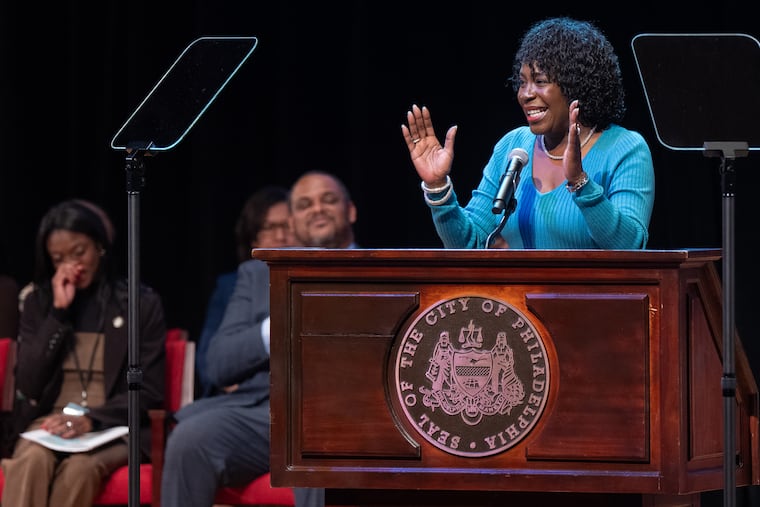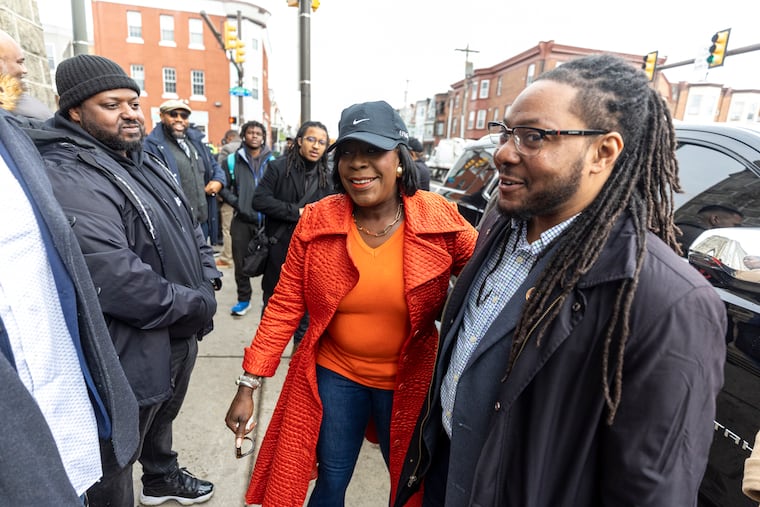Federal attorneys acknowledge weaknesses in the case against NYC’s congestion pricing plan, highlighting legal vulnerabilities.
In a recent development regarding the ongoing legal dispute between the New York Metropolitan Transportation Authority (MTA) and the Trump administration, federal attorneys have reportedly admitted that the legal foundations supporting the Department of Transportation’s efforts to terminate New York’s congestion pricing initiative lack substantial merit. This revelation emerged from an 11-page internal memo that was unexpectedly filed in a Manhattan federal court as part of the MTA’s lawsuit.
The memo, formalized as a communication from lead government attorney Dominika Tarczynska to Judge Lewis Liman, outlines significant concerns regarding the government’s legal arguments. It indicates that the administration faces considerable “litigation risk” in defending Secretary of Transportation Sean Duffy’s decision to revoke the authorized congestion pricing program, originally established under the Biden administration.
The document specifies that the argument proposing that the congestion pricing scheme was not statutorily authorized as a “value pricing” pilot is unlikely to be accepted by Judge Liman or subsequent appellate courts. This admission raises questions about the viability of the Trump administration’s legal strategy in this controversial matter.
Signed by key assistant U.S. attorneys, the memo suggests an alternative approach, proposing that the administration could potentially terminate congestion pricing by citing changed agency priorities instead of contesting its statutory authorization. This shift in strategy reflects a significant evolution in the administration’s stance on a program that aims to alleviate traffic congestion and generate revenue for transit improvements.
For nearly three months, Duffy has publicly argued that he retains the authority to revoke the congestion pricing authorization, which permits New York State to impose tolls on drivers entering Midtown and lower Manhattan. The revenue generated from these tolls is intended to support MTA transit projects. However, Duffy’s recent communications reflect a modified tone, seemingly aligned with the legal insights provided in the internal memo.
The backdrop of this legal battle is marked by intensified tensions between federal authorities and state governance, as the Trump administration seeks to assert control over transportation policy. Duffy’s earlier ultimatums to eliminate the toll have reached a boiling point, especially as he labeled the current structure as an unfair imposition on highway users. He has framed the relationship between highway funding and MTA support as politically and economically untenable.
This legal challenge comes at a time when the Southern District of New York, which is known for pursuing high-profile cases, is experiencing leadership turbulence, having cycled through multiple U.S. attorneys since the onset of the Trump administration. This state of flux, coupled with ongoing litigation over congestion pricing, underscores the broader implications of this case regarding federal-state relations and transportation policy in New York.
As this situation develops, the tension surrounding congestion pricing remains a focal point, with significant ramifications for both transportation infrastructure and the governance landscape in the Trump era, as the administration navigates the complexities of legal accountability and state autonomy.






